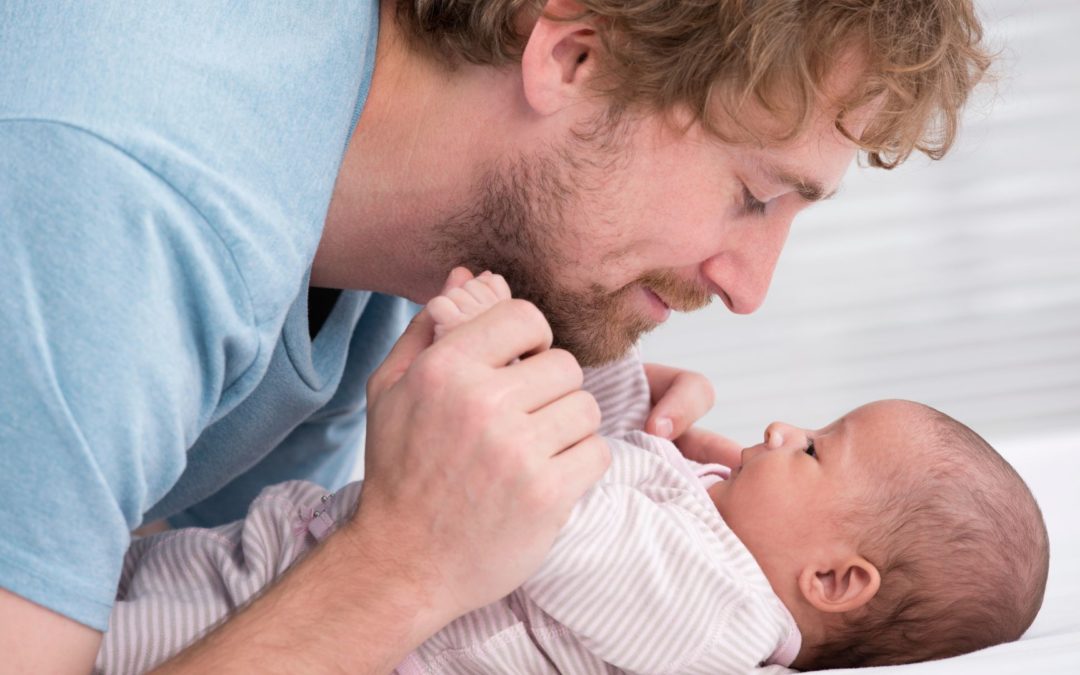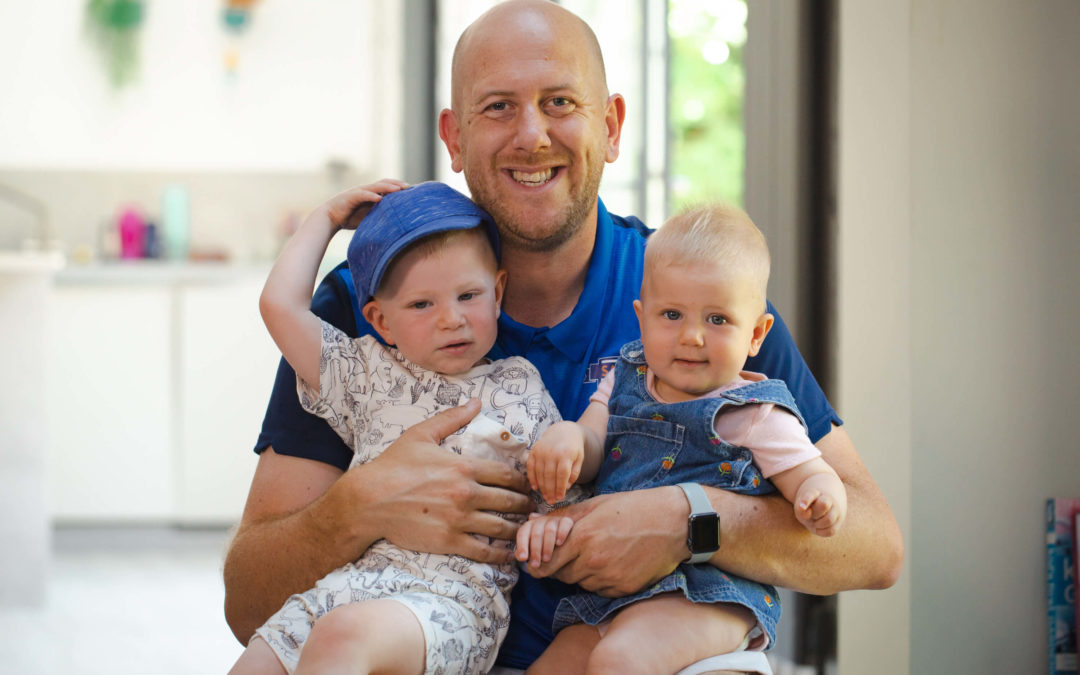A newborn baby can sleep for around 16-22 hours a day, but these hours are generally spent in a cycle of eating, sleeping, pooping, eating, and sleeping again. Bilia Baby UK has given us their advice on what to expect within the first 24 hours of arriving home with a newborn…
Eating: little and often
It will come as no surprise that a newborn baby has a tiny little stomach, but that doesn’t mean that they don’t need much food. A newborn will more than likely want to be fed every two to three hours. Some indicators that will help new parents to understand a newborn’s request for food are strong cries, sucking on hands or lips, or pursing the lips.
Crying: sometimes it’s a guessing game
Babies cry. Fact. Whilst one newborn will be remarkably quiet and sleepy, others will, more often than not, cry at some-point for any reason. Start with running through what they might be crying for; is it time for a nappy change, feed, sleep, or re-arranging? If baby doesn’t settle after these things, keep in mind that if there has been an influx of visitors to welcome baby home, over stimulation can also make a newborn very fussy. Try taking the first day alone in the home environment as it would be any other regular day – you’ll thank yourself for it in the long run. Try to be less critical of yourself, as there will be times when you don’t know why baby is crying. If every you are feeling overwhelmed and can’t find an answer, reach out for help.
Burping: ALWAYS have a muslin handy
Spit-up and hiccups are both pretty normal when feeding, and doesn’t harm the newborn baby. If a baby is fussy or uncomfortable during and after feeding, it generally means that it’s time to be burped. For those who are brand new to this, here’s a few quick tips: gentle, circular motions and intermittent soft pats on the back should help, whilst resting baby’s head over a shoulder, sitting them upright on your knee with one hand supporting the chest and chin, or laying baby tummy-down across your knees. Oh, and keep that muslin at hand… you’ll need it!
Changing: poo has never been so interesting
Within the first 24 hours, the likelihood is that nappy changes will see new parents faced with black, tar-like poops and are the very first bowel movements. This is called meconium. If this has already passed by the time you’re home, try and keep a track of when baby poops, and what it looks like, as doctors like to ask parents about urine and bowel movements, and it’s good to know what’s ‘normal’ for baby. If worry starts to set in, or you notice white mucus or streaks of red, call the doctors.
Bathing: simple is best
The first day home doesn’t necessarily mean the first bath – whilst baby’s umbilical cord stump is still on, it shouldn’t be immersed in water. For the first few weeks, a simple sponge bath is enough to keep newborn babies clean. For the times when sick has gone astray, or moisture has accumulated, use a warm, damp cloth or unscented wipes on the neck, back, belly and genitals.
Breathing: try not to worry
Newborn babies have a way of making parents panic, especially when it comes to their bizarre ‘periodic breathing’. This is when babies breathe quickly, stop for a few seconds, and then continue to breathe normally again. Babies naturally breathe through their noses, so any strange noises, especially whilst sleeping, may be related to what’s built up inside the nasal passages. As babies can’t clear them themselves, it’s worth investing in some sort of tool to help you to clear them. This can have a remarkable effect, making it easier for babies to breathe, sleep and even eat. If any of the following happens, call the doctors immediately: grunting, constant fast breathing, wheezing from the chest, cracking sounds when breathing in or out, pausing for longer than 10 seconds between breaths, or sucking in the skin above the collarbone, between ribs, or below ribs.
Sleeping: rest and recuperation
Whilst newborn babies sleep for around 16-22 hours per day, their tiny stomach will be waking them up for food around every two hours or so (start tracking where and when baby sleeps, because doctors like to ask about this, too). However – newborns have the added advantage that they will sleep almost anywhere. No matter where baby sleeps, there are some rules you need to stick to in order to reduce the risk of Sudden Infant Death Syndrome (SIDS); always lay babies down on their back, remove all loose blankets, bumpers, pillows, quilts and toys. Moses baskets are brilliant at this stage, and most parents-to-be will have already invested in one to welcome baby home for their first sleep, as you can keep baby close by, ready for feeds, changes, and cuddles, but in a safe-sleeping environment.
Exhaustion: it’s normal
Giving birth is exhausting, both physically and mentally. Bringing baby home is not the end of it, either, but recognise that it won’t last forever. It’s entirely normal to feel exceptionally tired, and most parents will tell you that the first few days with a newborn will be spent in a constant state of trepidation and tiredness. Use the first 24 hours in the home environment free from visitors where possible, forget about household chores, and enjoy the precious moments you’ve waited 9 months for. Make use of the time that baby is asleep for momentary naps yourself, because rest and recuperation isn’t just for baby. If help is needed, be sure to reach out – don’t be afraid of being judged. Your emotional health is important for baby too! If you are feeling overwhelmed, desperate or thinking dangerously, contact your midwife, doctor or health visitor immediately.
About the author
Bilia Baby UK specialise in creating ethically sourced and eco-friendly Moses Baskets and nursery accessories. To learn more about Bilia Baby UK, https://www.bilia-baby.co.uk/








